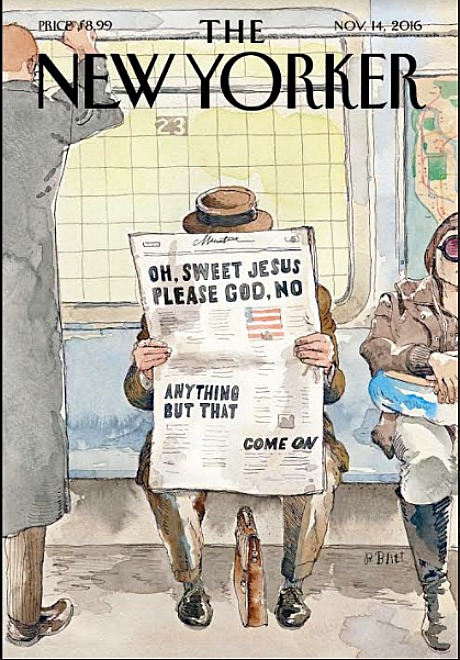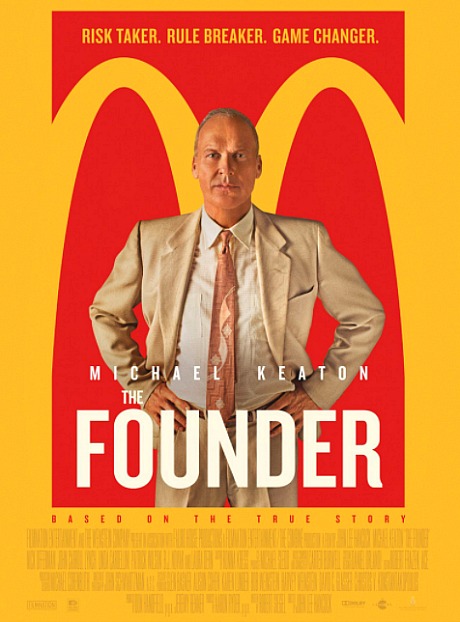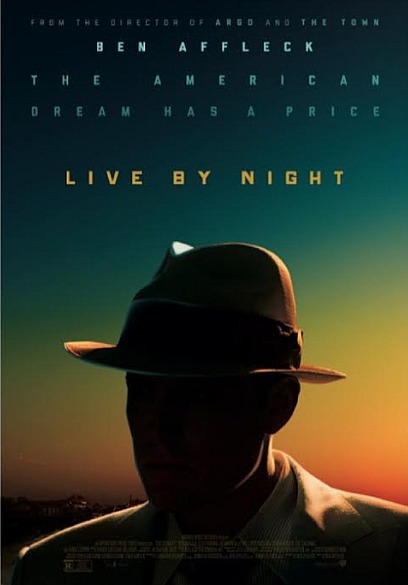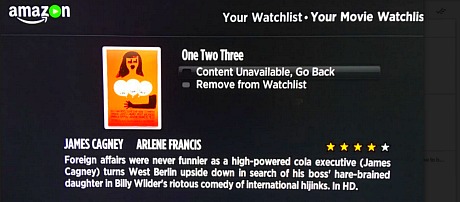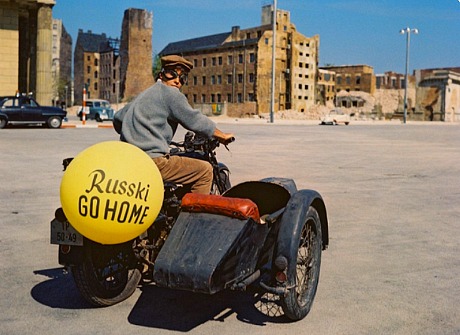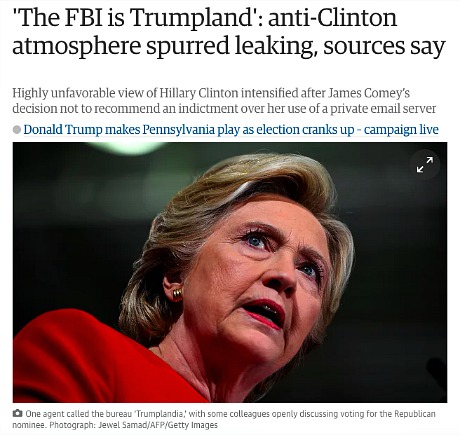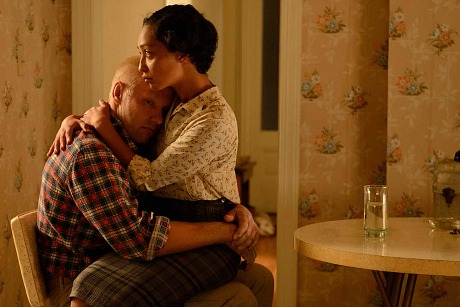Spencer Ackerman‘s 11.3 Guardian story about the FBI having more or less become a pro-Trump rogue operation committed to sabotaging Hillary Clinton with misleading innuendo and bad smoke (“The FBI Is Trumpland”) was an eye-opener.
Hillary has one option when she takes office in January — all the bad FBI eggs have to be either fired or demoted and sent to regional offices in Bumblefuck territories. They’re finished. Tear off their stripes, break their sabres in two. And FBI director James Comey has to be axed also.
“Deep antipathy to Hillary Clinton exists within the FBI, multiple bureau sources have told the Guardian, spurring a rapid series of leaks damaging to her campaign just days before the election,” Ackerman’s story reads.
“Current and former FBI officials, none of whom were willing or cleared to speak on the record, have described a chaotic internal climate that resulted from outrage over director James Comey’s July decision not to recommend an indictment over Clinton’s maintenance of a private email server on which classified information transited.
“‘The FBI is Trumpland,’ said one current agent.
“This atmosphere raises major questions about how Comey and the bureau he is slated to run for the next seven years can work with Clinton should she win the White House.
“The currently serving FBI agent said Clinton is “the antichrist personified to a large swath of FBI personnel,” and that “the reason why they’re leaking is they’re pro-Trump.” The agent called the bureau ‘Trumplandia’ with some colleagues openly discussing voting for a GOP nominee who has garnered unprecedented condemnation from the party’s national security wing and who has pledged to jail Clinton if elected.”
Read more
